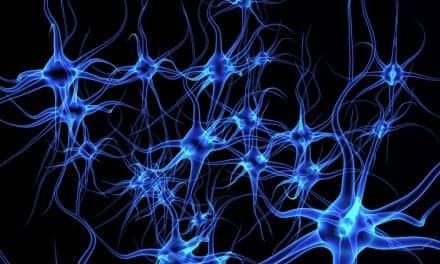After a good night’s sleep, people remember information better when they know it will be useful in the future, according to a new study in the February 2 issue of The Journal of Neuroscience. The findings suggest that the brain evaluates memories during sleep and preferentially retains the ones that are most relevant.
Humans take in large amounts of information every day. Most is encoded into memories by the brain and initially stored, but the majority of information is quickly forgotten. In this study, a team of researchers led by Jan Born, PhD, of the University of Lübeck in Germany set out to determine how the brain decides what to keep and what to forget.
"Our results show that memory consolidation during sleep indeed involves a basic selection process that determines which of the many pieces of the day’s information is sent to long-term storage," Born said. "Our findings also indicate that information relevant for future demands is selected foremost for storage."
The researchers set up two experiments to test memory retrieval in a total of 191 volunteers. In the first experiment, people were asked to learn 40 pairs of words. Participants in the second experiment played a card game where they matched pictures of animals and objects and also practiced sequences of finger taps.
In both groups, half the volunteers were told immediately following the tasks that they would be tested in 10 hours. In fact, all participants were later tested on how well they recalled their tasks.
Some, but not all, of the volunteers were allowed to sleep between the time they learned the tasks and the tests. As the authors expected, the people who slept performed better than those who didn’t. But more importantly, only the people who slept and knew a test was coming had substantially improved memory recall.


